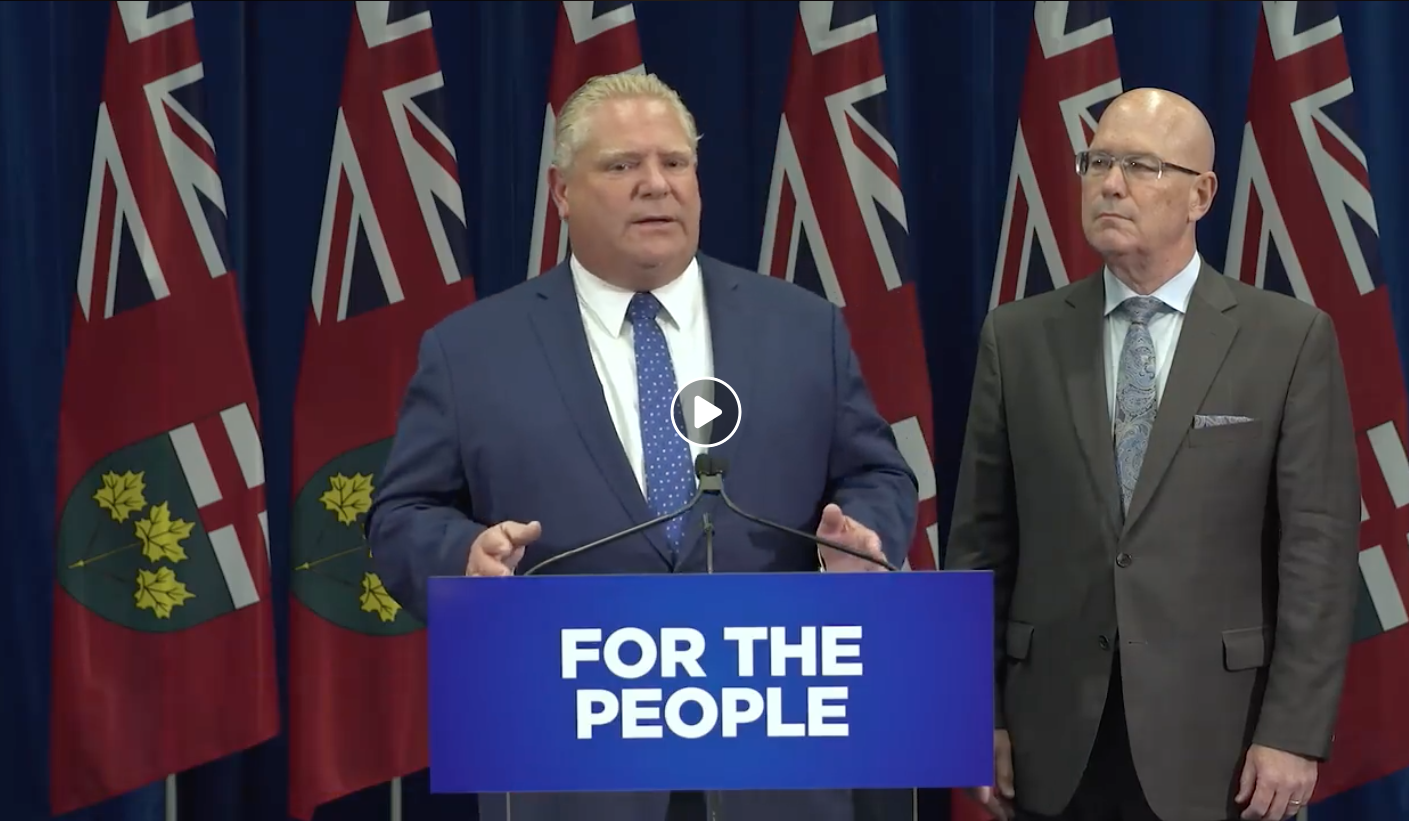In my new life as an independent journalist and commentator, no story I’ve tackled has had the reach and interest of my coverage of the Tommy Robinson trial-that-never-was in England last month.
It’s understandable given how many of today’s most pressing cultural concerns are encapsulated in the case. Judicial activism, free speech, excessive immigration, media bias, and class divide: all of them are central to what’s happened to Robinson, and how it’s been covered (or not covered, such as the case may be.)
Bob Metz and Robert Vaughan of Just Right Media have been covering many of these issues for years, and graciously invited me back to their program to discuss what I learned and uncovered in England, and how this case fits into the work I’m doing on immigration and constitutional liberties with the True North Initiative.
If you’ve followed the Robinson case extensively you’ll be a bit bored with the opening few minutes of the case, where I recap the backstory before getting into the meat. But do stick through it, as it’s an hour of great discussion about key issues facing western society.
Listen to the interview in full here.


